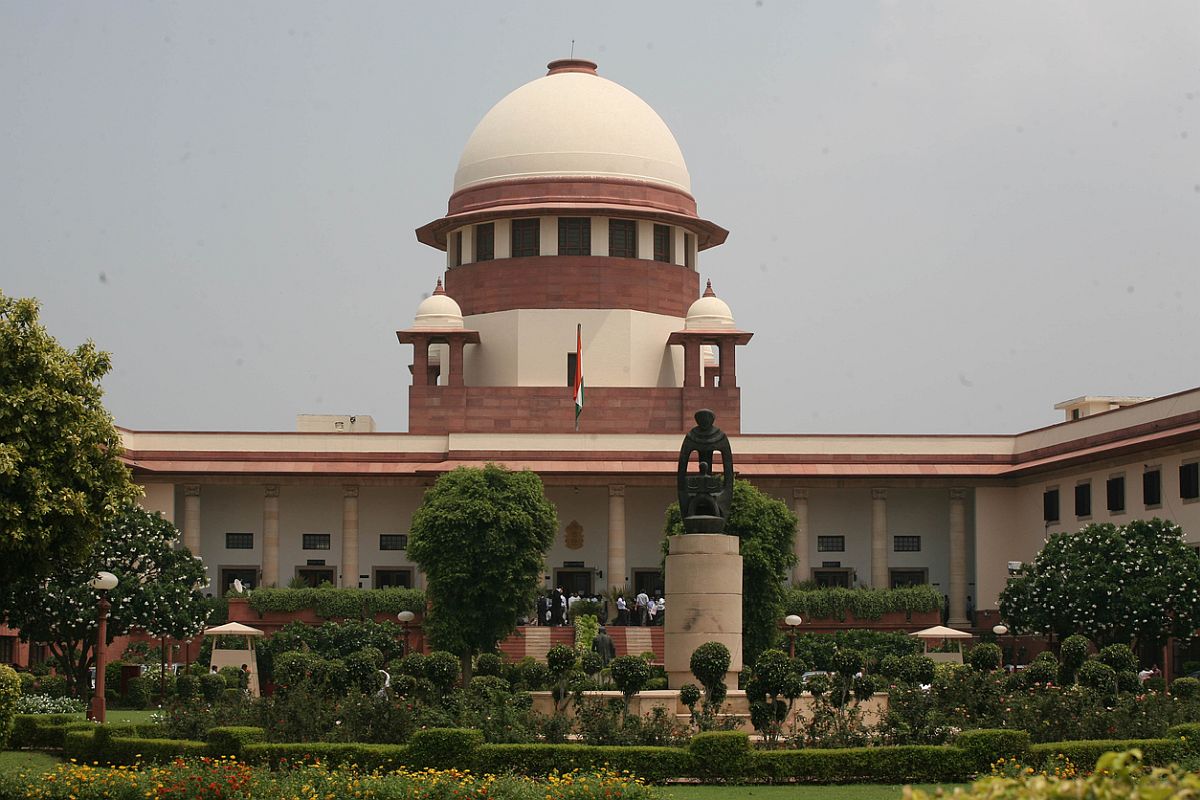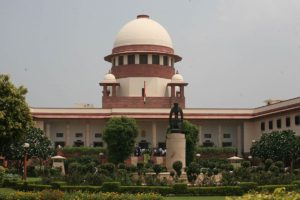In a recent judgment delivered by the Supreme Court of India viz. State of Haryana vs. Ram Mehar and Others (Criminal Appeal Nos. 805-806 of 2016 (Arising out of S.L.P. (Crl.) Nos. 3278-79 of 2016), it has been held that the powers of the Court under section 311 of The Code of Criminal Procedure are not unbridled and that the Prosecution Witnesses cannot be unnecessarily recalled for being cross examined. In the instant case, which involved the cruel killing of HR person by the staff of Maruti Udyog plant at Manesar, the Counsel for the accused moved an application for the recalling of some prosecution witnesses on the ground that the earlier Counsel for the accused was suffering from serious illness and therefore he could not put few questions pertaining to the weapons used in the crime. The Trial Court dismissed the application. The High court reversed the order of the Trial Court. The State of Haryana went in appeal to Supreme Court. While quashing the order of the High Court, the Apex Court held that fair trial means fair trial to the victim and the society as well. In an excellent judgment, the Supreme Court came to the conclusion that powers under section 311 could not be invoked under the facts and circumstances of the case. The following discussion may be noted in this regard.
Assurance of a fair trial is the first imperative of the dispensation of justice and the central criterion for the court to consider when a motion for transfer is made is not the hypersensitivity or relative convenience of a party or easy availability of legal services or like mini-grievances. Something more substantial, more compelling, more imperilling, from the point of view of public justice and its attendant environment, is necessitous if the Court is to exercise its power of transfer. This is the cardinal principle although the circumstances may be myriad and vary from case 10 case. We have to lest the Petitioner’s grounds on this touchstone bearing in mind the Rule that normally the complainant has the right to choose any court having jurisdiction and the accused cannot dictate when-the case against him should be tried. Even so, the process of justice should not harass the parties and from that angle the court may weigh the circumstances.
Every criminal trial is a voyage of discovery in which truth is the quest. It is the duty of a presiding Judge to explore every avenue open to him in order to discover the truth and to advance the cause of justice. For that purpose he is expressly invested by Section 165 of the Evidence Act with the right to put questions to witnesses. Indeed the right given to a Judge is so wide that he may, ask any question he pleases, in any form, at any time, of any witness, or of the parties about any fact, relevant or irrelevant. Section 172(2) of the Code of Criminal Procedure enables the court to send for the police-diaries in a case and use them to aid it in the trial. The record of the proceedings of the Committing Magistrate may also be perused by the Sessions Judge to further aid him in the trial.
Any inordinate delay in conclusion of a criminal trial undoubtedly has a highly deleterious effect on the society generally, and particularly on the two sides of the case. But it will be a grave mistake to assume that delay in trial does not cause acute suffering and anguish to the victim of the offence. In many cases the victim may suffer even more than the accused. There is, therefore, no reason to give all the benefits on account of the delay in trial to the accused and to completely deny all justice to the victim of the offence.
The Court held that one cannot afford to treat the victim as an alien or a total stranger to the criminal trial. The criminal jurisprudence, with the passage of time, has laid emphasis on victimology which fundamentally is a perception of a trial from the viewpoint of the criminal as well as the victim. Both are viewed in the social context. The view of the victim is given due regard and respect in certain countries. In respect of certain offences in our existing criminal jurisprudence, the testimony of the victim is given paramount importance. Sometimes it is perceived that it is the duty of the court to see that the victim’s right is protected. A direction for retrial is to put the clock back and it would be a travesty of justice to so direct if the trial really has not been unfair and there has been no miscarriage of justice or failure of justice.
Denial of a fair trial is as much injustice to the accused as is to the victim and the society. It necessarily requires a trial before an impartial Judge, a fair prosecutor and an atmosphere of judicial calm. Since the object of the trial is to mete out justice and to convict the guilty and protect the innocent, the trial should be a search for the truth and not about over technicalities and must be conducted under such Rules as will protect the innocent and punish the guilty. Justice should not only be done but should be seem to have been done. Therefore, free and fair trial is a sine qua non of Article 21 of the Constitution. Right to get a fair trial is not only a basic fundamental right but a human right also. Therefore, any hindrance in a fair trial could be violative of Article 14 of the Constitution. No trial can be allowed to prolong indefinitely due to the lethargy of the prosecuting agency or the State machinery and that is the raison d’être in prescribing the time frame for conclusion of the trial.

